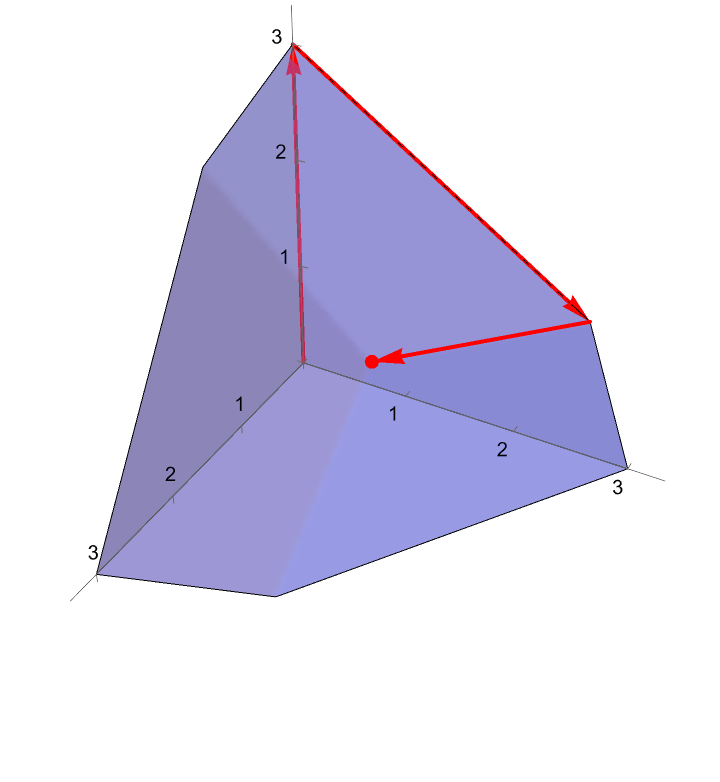
A Wolfram U Daily Study Group previewing the upcoming Introduction to Finite Mathematics course begins on Monday November 6, 2023.
Join me and your fellow learners for an introduction to various topics with important real-world application to economics, business, sociology, psychology, and other sciences. A curriculum concept to emerge from Dartmouth as an alternative to calculus-based courses of study, finite mathematics has become a common course offering at universities around the world.
After reviewing a few concepts from algebra, apply them to the study of linear optimization, matrices, annuities, probability, Markov chains, and two-player games.
The Introduction to Finite Mathematics course will soon be added to the Wolfram U catalog, so get a sneak peak of the lessons as part of this live study group. Participate in live Q&A, check your understanding with in-session polls, and more.
This Study Group runs weekdays Nov 6-17, with the exception of Nov 10.
REGISTER HERE
Please use this thread to collaborate and share ideas, materials and links to other resources with fellow learners.
Creating the full course has been a lot of fun, so I hope to see you all in the live study group! 